3 new case of Monkeypox have been reported in the UAE by the UAE Ministry of Health and Prevention. This follows the first reported case on 24th May 2022 in a 29-year-old visitor from West Africa. The unprecedented and unexpected outbreaks of human monkeypox cases and clusters started on 7th May 2022 in the UK (from a traveller from Nigeria) and have now spread across Europe, the Americas, and Australia. Infections are now occurring within countries, rather than being imported.
The virus is spread by very close contact, and by droplets carried in exhaled air – but when people are in extremely close proximity. It can also be transferred through coming into contact with contaminated materials such as bedding. The incubation period of monkeypox is usually from 6 to 13 days but can range from 5 to 21 days.
Comparisons should not be drawn to Covid-19 in terms of transmissibility. However, children are at greater risk if they catch Monkeypox (a key difference from Covid-19), as are the medically vulnerable and elderly. The strain of Monkeypox that is being spread globally is the weaker and less dangerous of the two known variants (the West African variant). Whilst theoretical death rates are still high at 1 in 100 of those infected of this lower risk variant, this has been in countries with less established and advanced healthcare systems.
No deaths have been reported to date in non-endemic countries from this variant. Most monkeypox cases in the current outbreak are in men aged 20–50 years. Currently, the Monkeypox outbreak is not spreading to children.
The cause for some concern follows from the different way the virus is spreading:
“Since 1970, human cases of monkeypox have been reported in 11 African countries – Benin, Cameroon, the Central African Republic, the Democratic Republic of the Congo, Gabon, Côte d’Ivoire, Liberia, Nigeria, the Republic of the Congo, Sierra Leone, and South Sudan.
Cases occur occasionally in non-endemic countries. These are typically reported in persons who have travelled to endemic countries. One outbreak was caused by contact with animals who had been infected by other imported small mammals.
In May 2022, multiple cases of monkeypox are being identified in several non-endemic countries. This is not typical of past patterns of monkeypox.”
WHO. FAQ. May 2022.
As of 21st May 21 2022, 92 cases were confirmed in laboratories and a further 28 suspected monkeypox cases were reported to the United Nations’ World Health Organisation (WHO) from the UK, the USA, Canada, France, Germany, Belgium, Spain, Portugal, Italy, Sweden, and Australia. The WHO information page can be found here.
As of 26th May, in the latest data global data available, a cumulative total of 257 laboratory confirmed cases and around 120 suspected cases have been reported to WHO:
Cases of monkeypox in non-endemic countries to WHO between 13 May to 26 May 2022
Table 2. Cases of monkeypox in endemic countries
The challenge facing Health Authorities worldwide is to ensure that Monkeypox does not become endemic.
Detection of more cases, at least in the short term is, however, anticipated.
Advice for parents.
The Ministry of Health and Prevention has issued the following guidance:
- Wash hands for at least 20 seconds with soap and water or alcohol-based hand sanitisers
- Restrict contact with animals and avoid all contact with wild animals
- Avoid any objects that have been in contact with a sick animal
- Cook all meat properly
- Avoid all contact with people who show symptoms, including a rash
- Avoid contact with objects that have been in contact with people who show symptoms or who are diagnosed with Monkeypox.
- Avoid large gatherings of people where very close contact is unavoidable.
- If you or your children show symptoms including fever, exhaustion, swelling in the lymph nodes, back and muscle aches, severe headaches and /or skin rashes, immediately isolate and report your symptoms to your nearest hospital or the Health Authority. You should expect to be completely isolated in hospital until you recover. All close contacts must be notified and must immediately isolate at home for a minimum period of 21 days. A list of all close contacts must be given to the hospital or the Health Authority.
Read our Guide to Monkeypox and reporting of the first case here.
© SchoolsCompared.com. 2022. All rights reserved.











































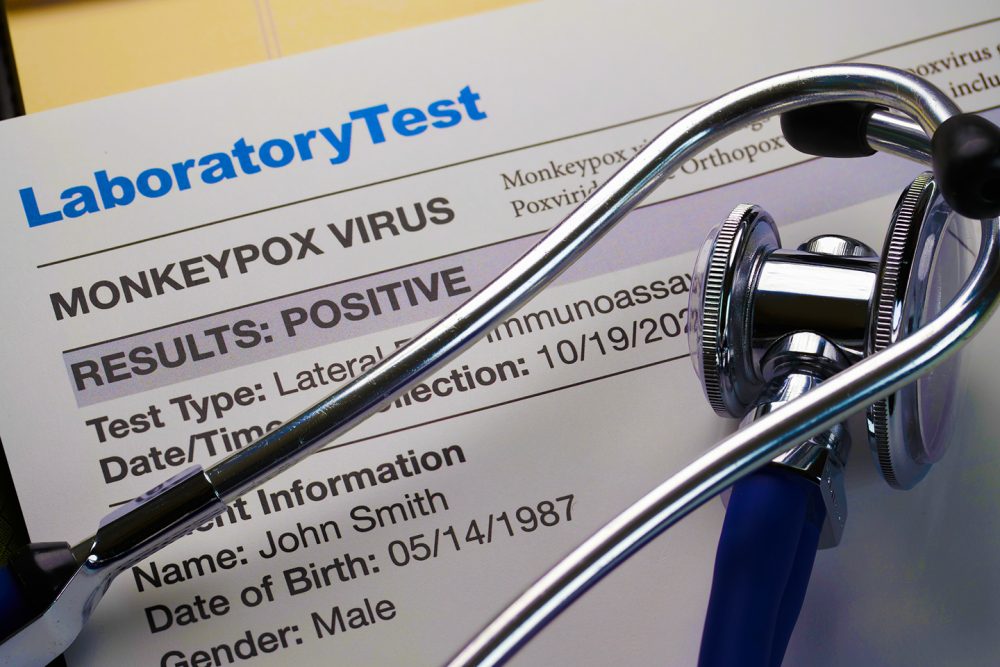



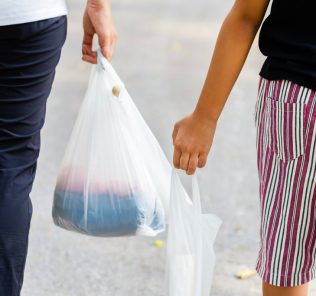
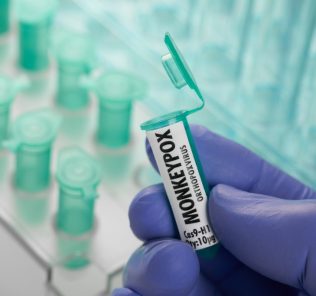
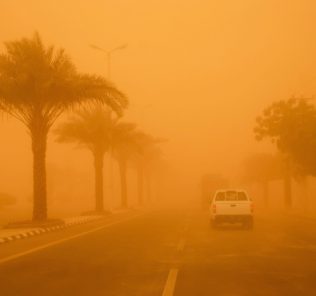
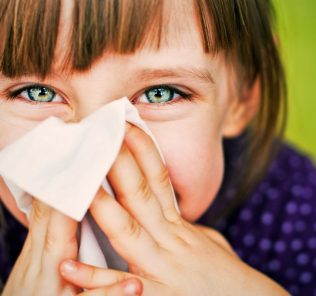














Leave a Response